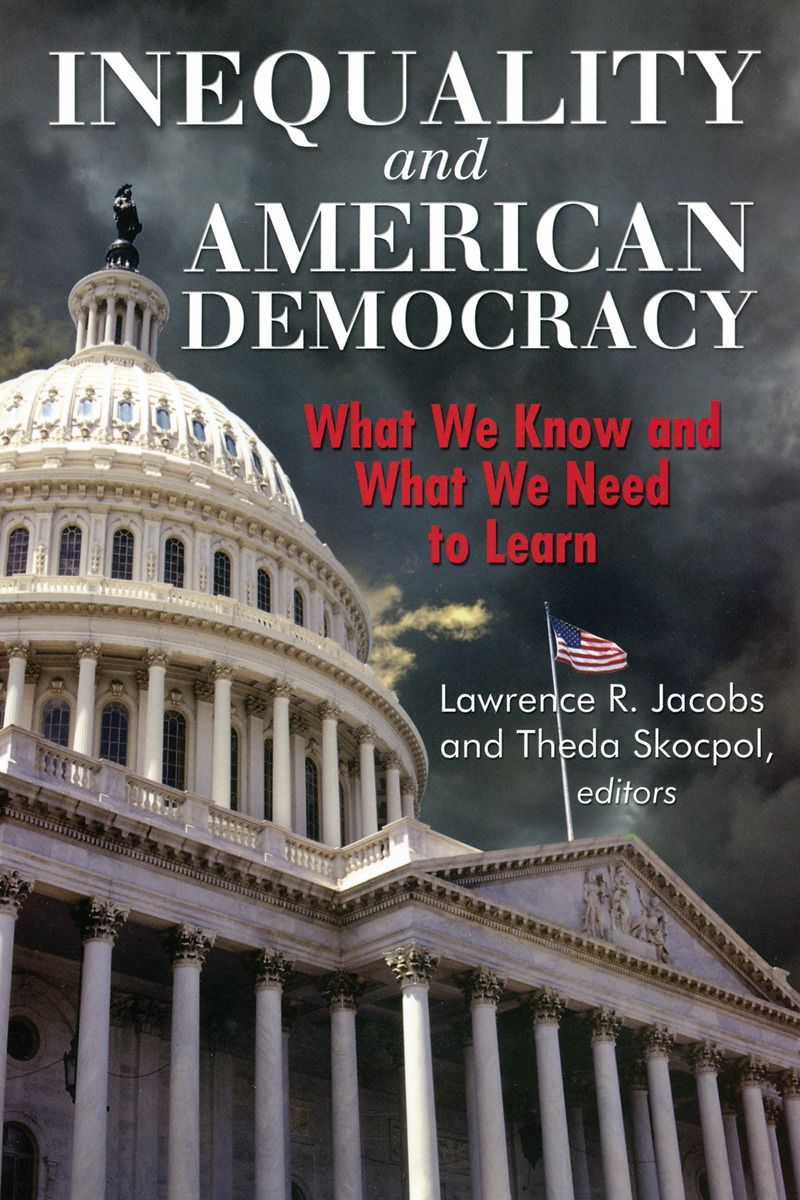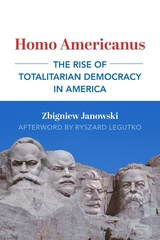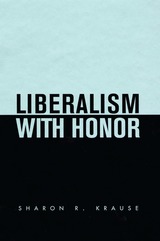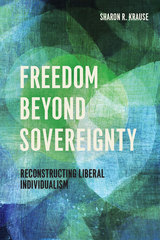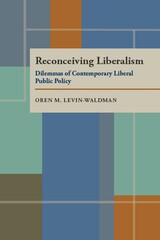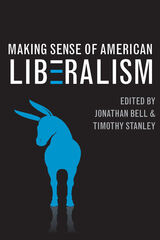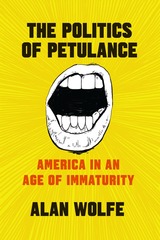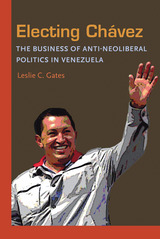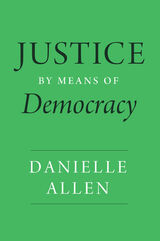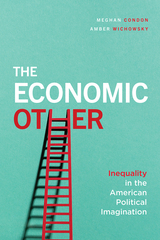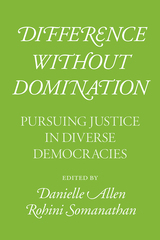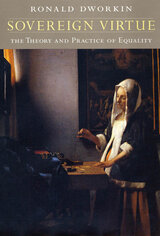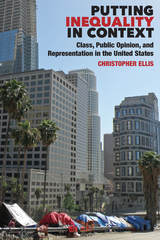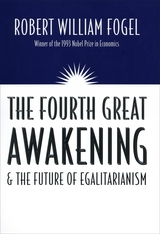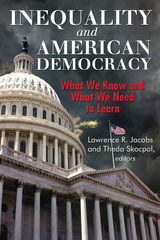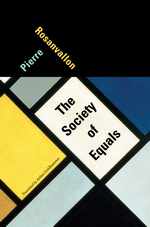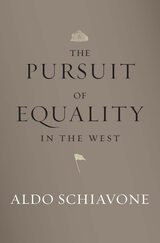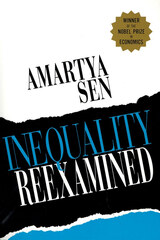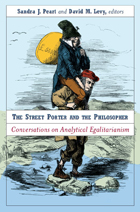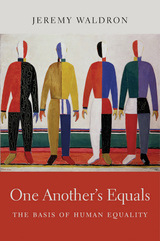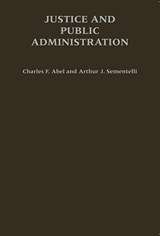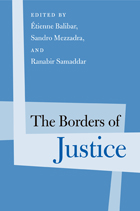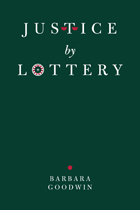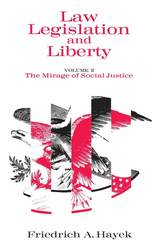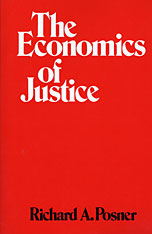Inequality and American Democracy: What We Know and What We Need to Learn
Russell Sage Foundation, 2005
Cloth: 978-0-87154-413-1 | eISBN: 978-1-61044-304-3 | Paper: 978-0-87154-414-8
Library of Congress Classification JC575.I54 2005
Dewey Decimal Classification 323.420973
Cloth: 978-0-87154-413-1 | eISBN: 978-1-61044-304-3 | Paper: 978-0-87154-414-8
Library of Congress Classification JC575.I54 2005
Dewey Decimal Classification 323.420973
ABOUT THIS BOOK | AUTHOR BIOGRAPHY | TOC
ABOUT THIS BOOK
In the twentieth century, the United States ended some of its most flagrant inequalities. The "rights revolution" ended statutory prohibitions against women's suffrage and opened the doors of voting booths to African Americans. Yet a more insidious form of inequality has emerged since the 1970s—economic inequality—which appears to have stalled and, in some arenas, reversed progress toward realizing American ideals of democracy. In Inequality and American Democracy, editors Lawrence Jacobs and Theda Skocpol headline a distinguished group of political scientists in assessing whether rising economic inequality now threatens hard-won victories in the long struggle to achieve political equality in the United States. Inequality and American Democracy addresses disparities at all levels of the political and policy-making process. Kay Lehman Scholzman, Benjamin Page, Sidney Verba, and Morris Fiorina demonstrate that political participation is highly unequal and strongly related to social class. They show that while economic inequality and the decreasing reliance on volunteers in political campaigns serve to diminish their voice, middle class and working Americans lag behind the rich even in protest activity, long considered the political weapon of the disadvantaged. Larry Bartels, Hugh Heclo, Rodney Hero, and Lawrence Jacobs marshal evidence that the U.S. political system may be disproportionately responsive to the opinions of wealthy constituents and business. They argue that the rapid growth of interest groups and the increasingly strict party-line voting in Congress imperils efforts at enacting policies that are responsive to the preferences of broad publics and to their interests in legislation that extends economic and social opportunity. Jacob Hacker, Suzanne Mettler, and Dianne Pinderhughes demonstrate the feedbacks of government policy on political participation and inequality. In short supply today are inclusive public policies like the G.I. Bill, Social Security legislation, the War on Poverty, and the Voting Rights Act of 1965 that changed the American political climate, mobilized interest groups, and altered the prospect for initiatives to stem inequality in the last fifty years. Inequality and American Democracy tackles the complex relationships between economic, social, and political inequality with authoritative insight, showcases a new generation of critical studies of American democracy, and highlights an issue of growing concern for the future of our democratic society.
See other books on: American Democracy | Equality | Inequality | Learn | Skocpol, Theda
See other titles from Russell Sage Foundation
